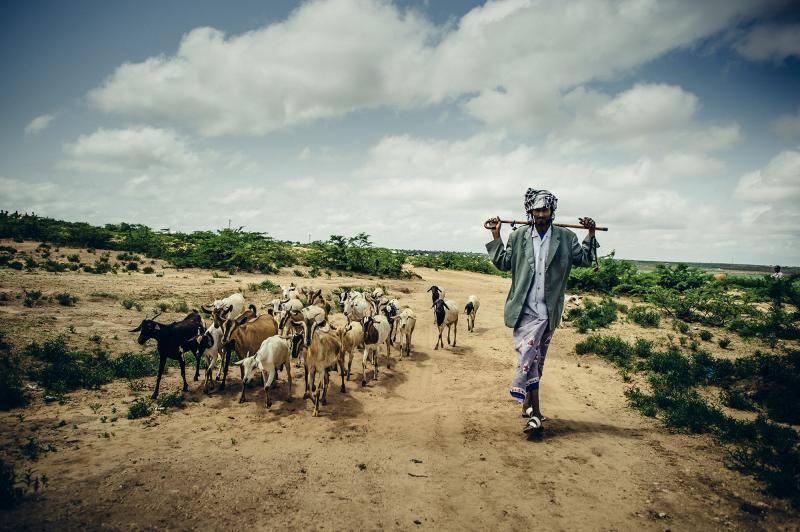Transforming pastoral livelihoods through market interventions: does the impact match expectations? Lessons from a decade of investments in Somali Region, Ethiopia
This report looks at general lessons about the development model and theory of change, and its appropriateness for pastoral economies.
Models that seek to drive transformation of rural economies by greater market orientation have been widely used, including, over many years, in pastoral economies. Even where evaluations have shown successful implementation, little has been studied about their contribution to change because studies have not sought to trace the impacts down to the intended ‘beneficiaries’, the small-scale rural producers.
This is compounded by the problem of learning being restricted to project timeframes, whereas sustainable change can be seen only in much longer timeframes. As a result, we know too little about how best to support resilience in pastoral economies.
The report is based on an internal impact assessment of market-based development programmes implemented over the past decade and more in Somali Regional State in Ethiopia. It looks only at general lessons about the development model and theory of change, and its appropriateness for pastoral economies. Using the programmes as a case studies of resilience-building, it offers lessons of wide applicability on approaches that could make investments in resilience more effective.
Findings
- Successful efforts to improve the trading networks of larger-scale traders did not bring changes to local livestock market dynamics. There were no changes in how pastoralists produced animals nor in their market behaviour.
- The creation of a Sharia-compliant microfinance institution (MFI) has created a successful business with thousands of clients. However, few loans are in remote or rural areas. Loans are taken for a variety of businesses and consumption, but not for investment in agriculture or livestock production.
- Support to the creation of a mobile money service has created a sustainable business that is widely used, including by pastoralists. Making payments from remote areas makes it easier for them to practice their current mobile livelihood strategies.
